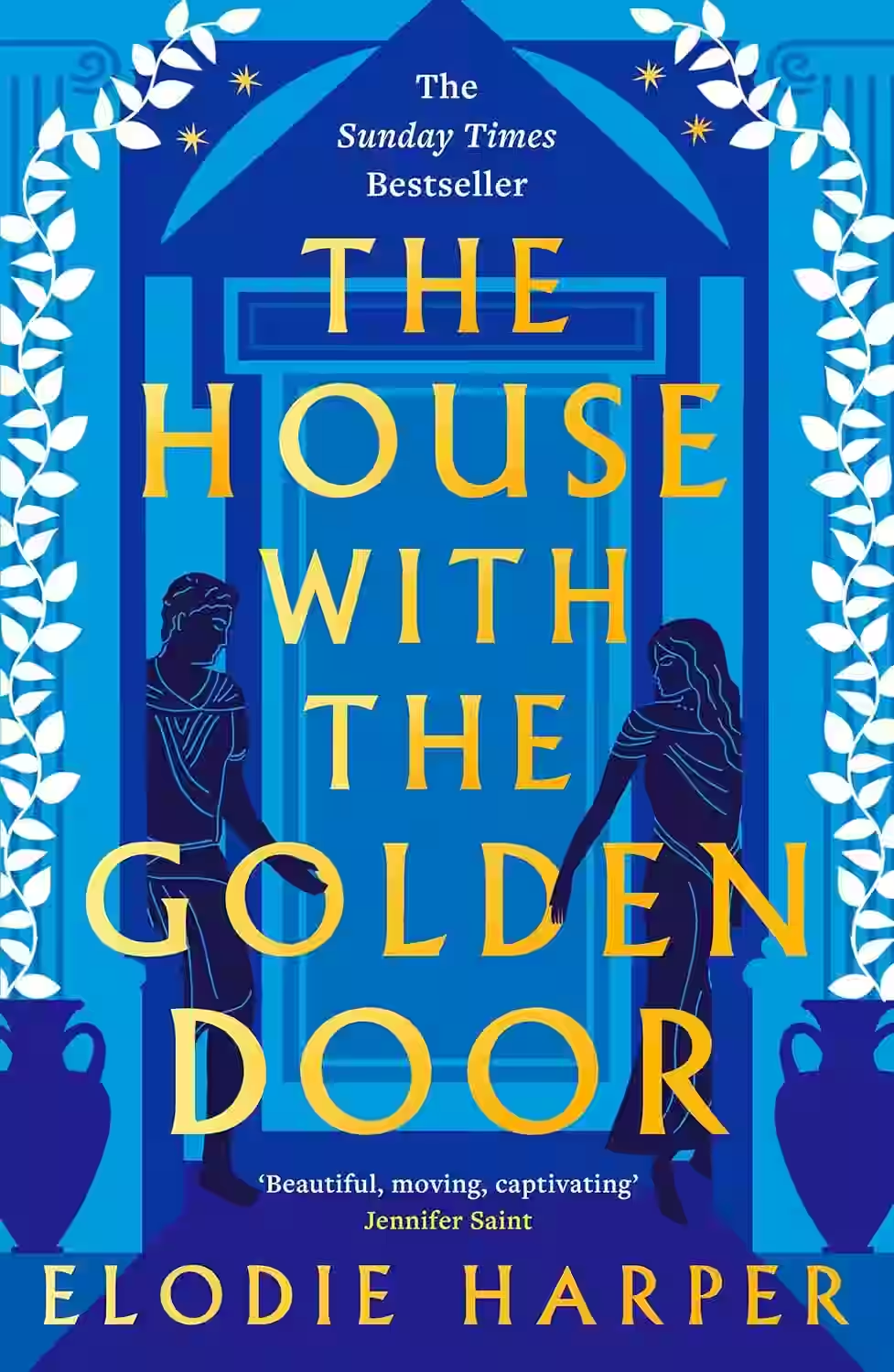
Elodie Harper's 'The House With the Golden Door' serves as a sequel to 'The Wolf Den,' continuing the captivating journey of Amara, a woman who rises against the odds in the deadly and seductive world of ancient Pompeii. Now freed from her life of forced servitude, Amara navigates the delicate intricacies of power, wealth, and independence as she aims to build a life on her own terms. The novel deftly explores themes of freedom, resilience, and the complex socio-political dynamics of ancient Rome. Harper's immersive storytelling and richly detailed prose breathe life into this atmospheric tale, providing a compelling examination of female empowerment and historical authenticity. Readers are left contemplating the bounds of destiny and perseverance in a meticulously rendered historical landscape.
About The Wolf Den Series
The Wolf Den Trilogy by Elodie Harper is a powerful historical fiction series set in ancient Pompeii and Rome, centered on the life of Amara, a former doctor’s daughter sold into slavery. In The Wolf Den, Amara is forced to work in Pompeii’s infamous brothel but refuses to let her spirit be broken. The House with the Golden Door follows her as a freedwoman navigating patronage, secrecy, and survival in a society that still seeks to control her. The trilogy concludes with The Temple of Fortuna, where Amara builds a life in Rome amid rising power and personal stakes. Rich, feminist, and unforgettable.
About Elodie Harper
Elodie Harper is a celebrated British author whose eloquent storytelling and profound exploration of historical narratives have earned her a distinct place in contemporary literature. With degrees in Latin and English Literature from prestigious institutions, Harper has a keen eye for classical themes that infuse her works with depth and authenticity. Among her notable works is the acclaimed 'The Wolf Den' trilogy, which vividly reimagines the lives of women in ancient Pompeii, weaving a tapestry of resilience and survival. Her ability to meld historical accuracy with compelling fiction has resonated widely, impacting both literary audiences and historical enthusiasts alike. Beyond her novels, Harper's journalistic background, particularly with her work as a reporter for ITV News, adds a layer of insightful perspective to her writing. Current reviews celebrate her contributions to revitalizing historical fiction, positioning her as an influential voice in the genre, whose work delves into the intricacies of human vulnerability and strength.
Other Books by Elodie Harper
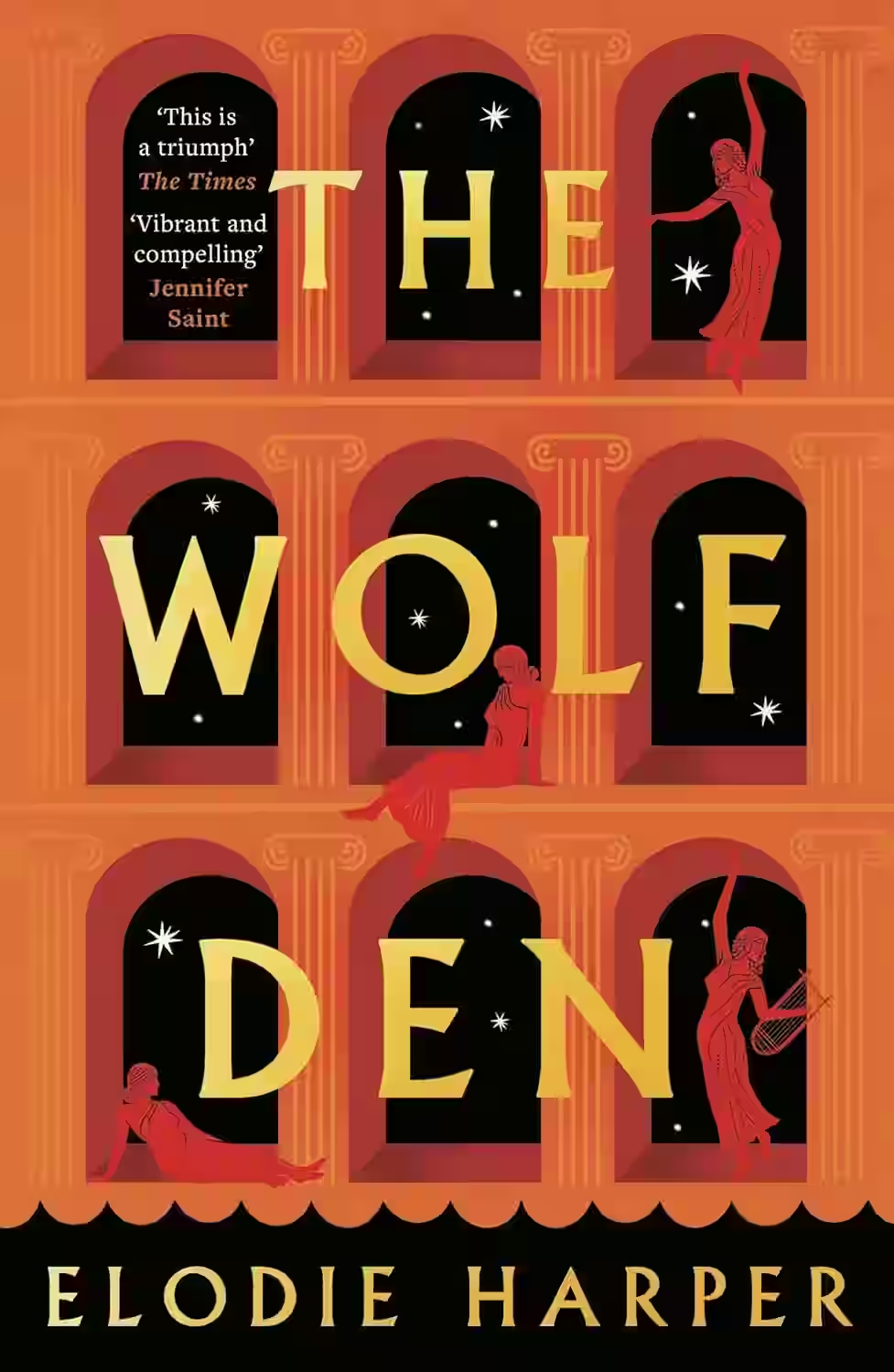
The Wolf Den
Series: The Wolf Den (#1)
Set in ancient Pompeii, "The Wolf Den" by Elodie Harper immerses readers in the vibrant and perilous world of a brothel and its inhabitants, particularly focusing on Amara, a former doctor's daughter who has been sold into slavery. Through Amara’s eyes, we experience her struggle for survival, autonomy, and friendship in a society that largely commodifies women. Harper’s detailed historical research enriches the narrative, bringing to life the stark realities and occasional triumphs of those trapped by fate. Themes of resilience, companionship, and the quest for self-determination are explored deeply, ensuring readers are both captivated and contemplative about the human condition and societal structures, past and present.
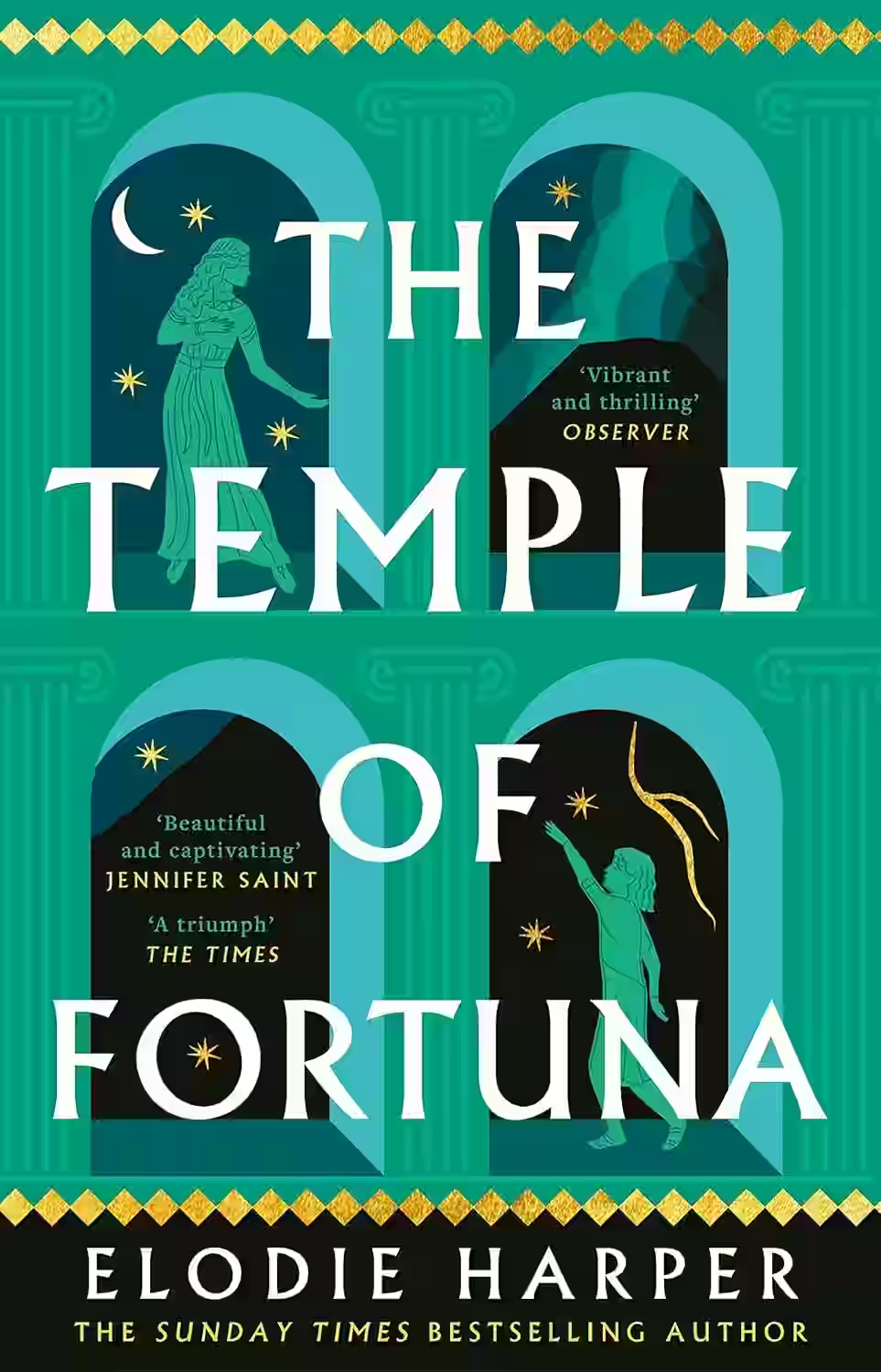
The Temple of Fortuna
Series: The Wolf Den (#3)
Elodie Harper's 'The Temple of Fortuna' is a captivating historical fiction novel set in the vibrant and tumultuous city of Pompeii. The story intricately weaves the lives of its richly drawn characters against the backdrop of impending volcanic disaster. The protagonist, Amara, is a resilient woman navigating the complexities of love, destiny, and survival. Harper expertly explores themes of fate versus free will, as well as the ephemeral nature of luck embodied by the goddess Fortuna. With lyrical prose and meticulous historical detail, the novel paints a vivid picture of life in ancient Rome, while also delivering a narrative punctuated by tension and emotion. 'The Temple of Fortuna' will resonate with readers who appreciate rich storytelling and well-crafted historical settings.
Similar Books
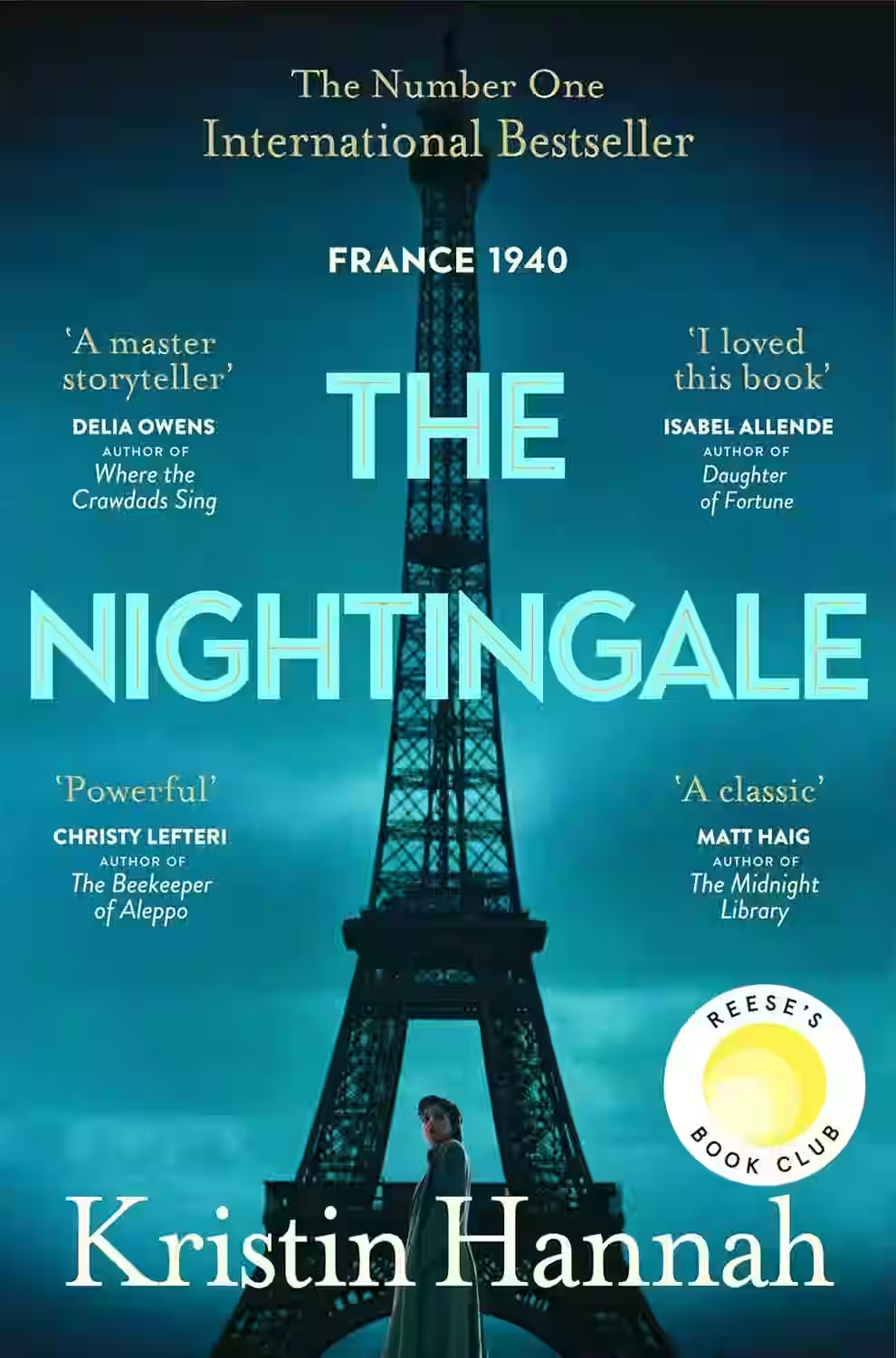
The Nightingale
Kristin Hannah's 'The Nightingale' is a poignant tale set in Nazi-occupied France during World War II, following the lives of two sisters, Vianne and Isabelle, as they navigate love, sacrifice, and resistance. Vianne, a mother and wife, faces impossible choices to protect her family, while Isabelle joins the French Resistance, risking everything to fight for freedom. The novel beautifully captures the complexities of human relationships, the horrors of war, and the strength of women in the face of adversity. Through vivid storytelling and well-developed characters, Hannah weaves a gripping narrative that will tug at your heartstrings and linger in your thoughts long after finishing the last page.
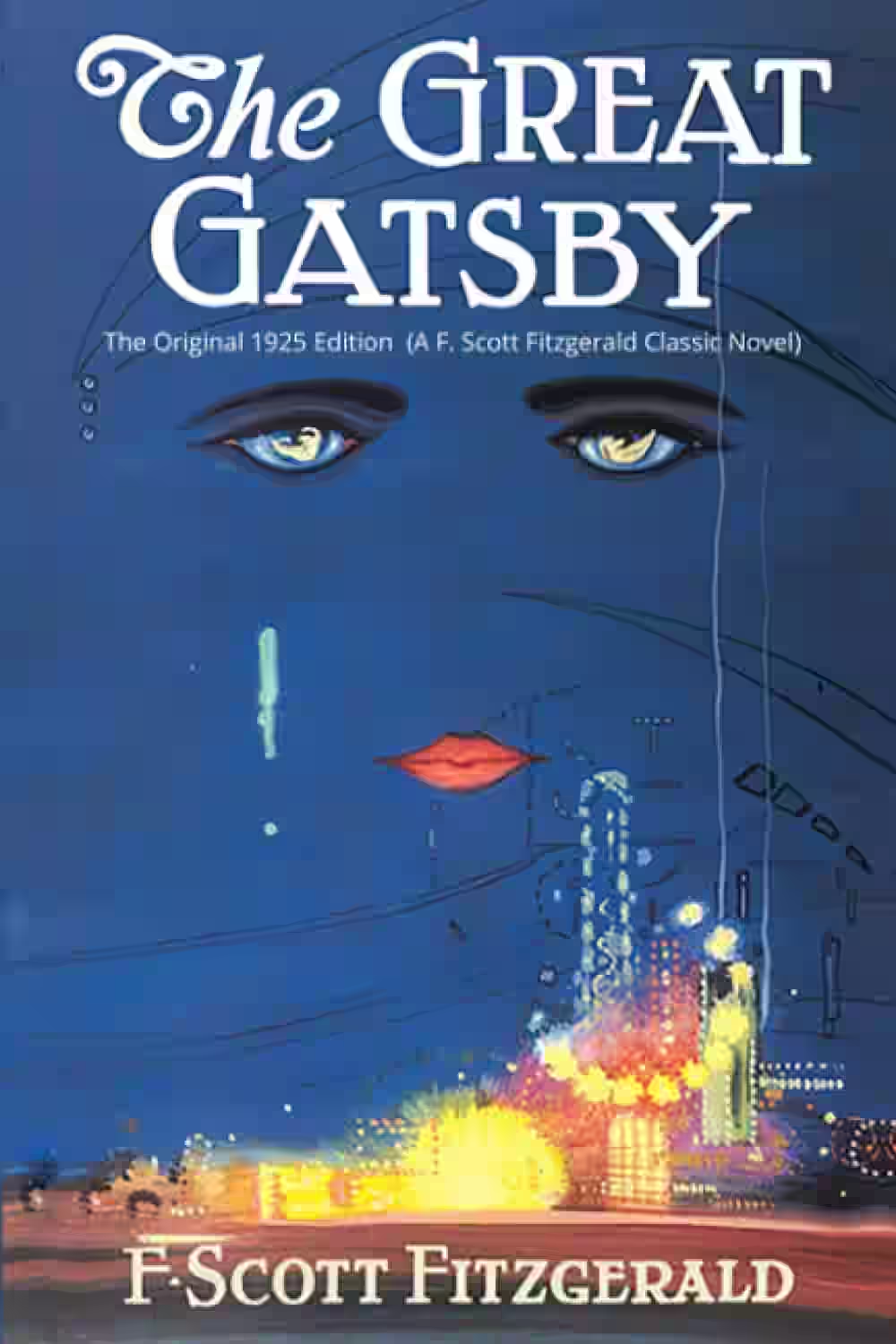
The Great Gatsby
Set in the decadent summer of 1922, this masterpiece follows mysterious millionaire Jay Gatsby's obsessive pursuit of his former love, Daisy Buchanan. Through the eyes of narrator Nick Carraway, the story unfolds in a world of lavish parties and empty morality, exploring themes of wealth, love, and the corruption of the American Dream. As Gatsby's facade crumbles, the novel reveals the hollow heart of the Jazz Age.
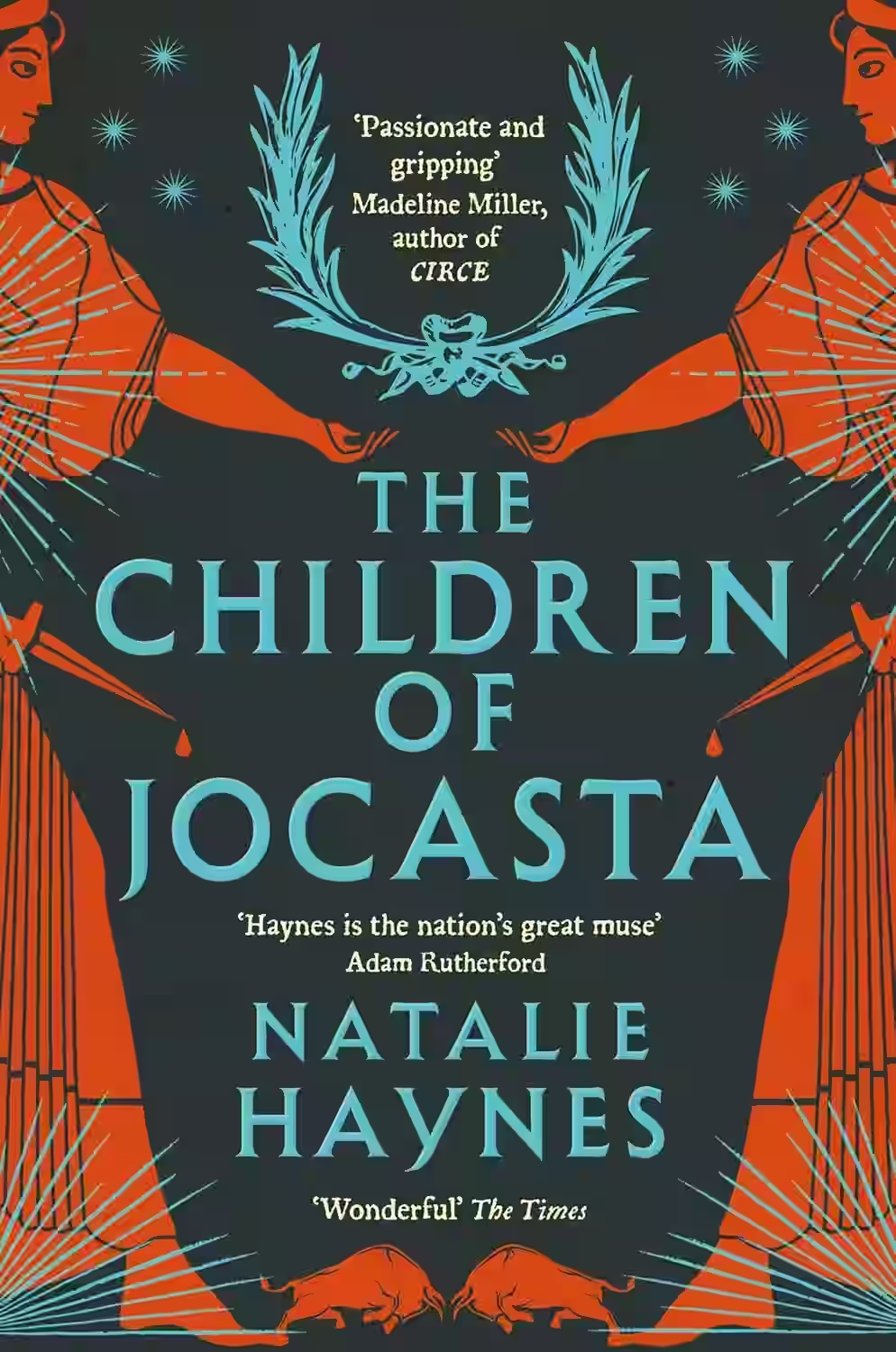
The Children of Jocasta
In 'The Children of Jocasta', Natalie Haynes masterfully reimagines the classic tales of Oedipus and Antigone from a fresh perspective—a lens that brings women’s voices, often muted in Ancient Greek mythologies, to the forefront. This novel weaves the parallel stories of Jocasta and her daughter Ismene, offering a nuanced exploration of love, power, and choice amid the backdrop of a cursed lineage. Jocasta’s quiet strength and Ismene’s unyielding resilience breathe new life into familiar tales, while Haynes’s elegant prose enriches the narrative’s emotional depth. Engaging with timeless themes of fate and identity, this reinterpretation compels readers to reexamine the silenced stories within classical works and appreciate their enduring relevance.

Still Alice
by Lisa Genova
In Lisa Genova's 'Still Alice', readers are taken on an emotional journey through the eyes of Alice Howland, a renowned professor diagnosed with early-onset Alzheimer's disease. The novel delves into the devastating effects of the illness on Alice and her family as they struggle to come to terms with her changing identity and the gradual loss of her memories and cognitive abilities. Through Alice's perspective, Genova explores themes of identity, family dynamics, resilience, and the fragility of the mind. The poignant narrative grips readers from the start, offering a profound and intimate portrayal of Alzheimer's impact. 'Still Alice' is a moving and powerful novel that sheds light on the human experience in the face of adversity.